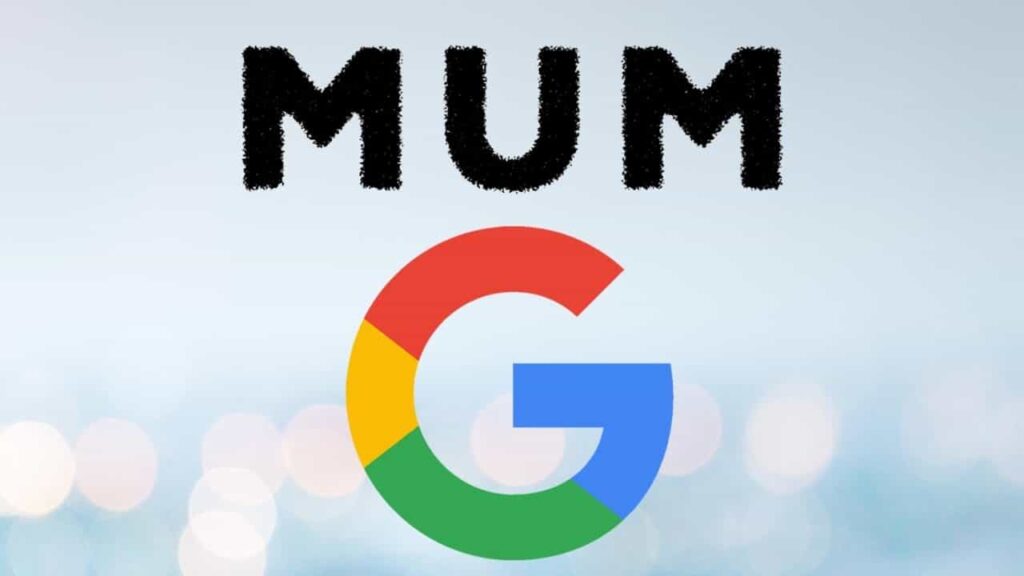11 Bold SEO Predictions For 2023 You Need To Have In Mind

The world of search engine optimization (SEO) is constantly evolving. With every passing year, new trends emerge and old strategies become obsolete.
As we move further into 2023, there are several predictions about the direction in which SEO is heading. In this article, we will discuss my top 11 SEO predictions for 2023 and the years to come.
SEO Predictions For 2023
As SEO experts, we all know that it is essential to stay ahead of the curve when it comes to SEO.
The ever-changing landscape of SEO demands that we keep up with the latest trends and best practices to ensure our success. In this article, we will look at the top seven SEO predictions for the future, so you can be better equipped to optimize your website and stay ahead of the competition.
Prediction #1: Artificial intelligence (AI) will become more important in SEO
As AI becomes more advanced, it will play a more significant role in SEO. Google is already using AI to understand user intent better, and we can expect this trend to continue.
AI algorithms will become more sophisticated and will be able to understand content better, making it easier for search engines to deliver relevant results to users.
One of the most significant benefits of AI in SEO is its ability to predict user behavior. By analyzing user data, AI algorithms will be able to understand user intent better and deliver more relevant results.
This will make it easier for you to tailor your content to the needs of your target audience, leading to better engagement and conversions.
So, make sure to answer as much questions as possible in your niche to get a chance to get found by search engines’ AI intelligence.
Here’s comes in play AI writing assistants like the popular ChatGPT, Jasper, Writesonic and others. If you fancy, here’s a list with the best AI writing assistants.
Related: 12 Best AI Content Creation Tools (Free & Paid)
Prediction #2: Voice search will continue to rise in popularity
With the rise of voice assistants like Siri, Alexa, and Google Assistant, voice search is becoming more popular. People are using their voice to search for information, and this trend is likely to continue.

As a result, you’ll have to optimize your content for voice search, ensuring that it is easy to understand and that it is formed in a way that provides quick answers to user queries.
With voice search, people tend to use more conversational queries. This means that long-tail keywords will be more important than ever before.
You will need to focus on creating content that answers specific questions and provides detailed information to users.
There are many keyword research tools out there that can help you “uncover” these keywords.
You can also use the search results and find our what people also ask.
Finally, visit Reddit, Quora and other forums in your niche, find questions and answer them as best as you can.
Related: How To Use Forums For Marketing: 7 Deadly Mistakes To Avoid
Prediction #3: Video content will become more important
Video content is already incredibly popular, and this trend is likely to continue. People love video content because it is engaging and easy to consume. As a result, you need to focus on creating high-quality video content that provides value to users.

Fortunately there are a number of video creation tools like for example, Pictory that allows you to repurpose your articles into videos. Pictory adds the media, the subtitles and even the voiceover automatically (yes, it has its own embedded text to speech function).
Related: 16 Best Text To Speech Software Reviewed
You just have to make a couple of edits – according to your liking – slap your intro and outro (made for $5 on Fiverr) and you are done.
You are now ready to start publishing video content yourself.
And since we’re talking about great video tools, you should also check TubeBuddy. Tubebuddy is a extreme time saving YouTube SEO tool that simplifies many of the processes and allows you to see metrics on YouTube like the ones SEO tools show for search engines.
Related: How to Make Money with YouTube
Prediction #4: Mobile-first indexing will become the norm
With more people using their mobile devices to browse the internet, Google has switched to mobile-first indexing. This means that Google now looks at the mobile version of a website first, rather than the desktop version.

To succeed in a mobile-first world, you need to focus on creating responsive pages that look great on all devices. Fortunately, most content management systems have themes that are optimized for mobile devices by default.
Although, these themes and doing a pretty good job to present data and content in a mobile friendly, don’t forget to always check your newly created pages on mobile devices for possible errors after bringing them online.
You can do this by using this nifty little tool from Google or simply navigate to your newly published page from your smartphone.
It is important to mention that in a mobile-first world, page speed will be more important than ever. With users accessing websites on mobile devices with slower internet speeds, you must ensure that your pages load fast.
This means you need to optimize your images, minifying code, and using a content delivery network (CDN) to deliver your content faster.
To find our if your website is “fast” enough for big oll “G” use their free pagespeed insights tool.
Prediction #5: Featured snippets will become even more prominent
Featured snippets are a great way to get your content to appear at the top of search results. They provide users with a quick answer to their query, and they are more likely to click on the featured snippet link to read more.

As a result, you will need to focus on creating content that is optimized for featured snippets, ensuring that they rank well in search results.
To optimize for featured snippets, you need to create content that answers specific questions and provides valuable information and include a lot of bullet point sections – especially when you are explaining something to be done in your content.
Prediction #6: User experience (UX) will be a critical factor
User experience has always been important in SEO, but it will become even more critical in the future. As Google’s algorithms become more sophisticated, they will be able to better understand the user experience of a website.

You will need to focus on creating websites that provide a great user experience, including fast load times, easy navigation, and engaging content.
This means you have to have a clear hierarchy of information, using intuitive navigation menus, and silo-ing your content correctly.
Prediction #7: Local SEO will continue to be important
Local SEO has been important for businesses for years, and it will continue to be important in the future. With more people using their mobile devices to search for local businesses, businesses will need to focus on optimizing their websites for local search.

If you own a business and you need to optimize for local search, you need to focus on creating content that is relevant to your local audience.
Use local keywords, create content that highlights local events and news, and optimize your Google My Business listings to ensure that you rank well in local search results.
Again, AI writing assistants can help you that daunting task.
Prediction #8: Voice Search and LaMDA
Google is always trying to make our lives easier, and they’re doing it again with their latest technology, LaMDA.
This nifty tool can understand natural language much better, which means voice search (again) is about to become even more popular.
So, it’s essential to focus on optimizing your website for voice searches. This means using NLP (natural language processing) to understand how people search verbally.
So, try to make your website’s content sound more like a conversation than a formal document. Use words and phrases people use when they talk rather than just keywords.
Prediction #9: Image Optimization and Accessibility
Images are a crucial part of websites, but they can also be problematic for people with visual disabilities.
So, it’s essential to optimize your images and make sure they are accessible to everyone. Start by giving your images descriptive names that match the content of the image.
This can help with SEO as well. Then, add alt text that describes the image for people who can’t see it. Alt text is also useful for SEO and can help your images show up in search results.
Prediction #10: Semantically Related Keywords
Google is getting smarter and can understand search intent and related keywords better than ever. So, it’s no longer enough to focus on one or two keywords in your content.
Instead, try to write on topic clusters and use semantically related keywords. This means using words and phrases that are related to the main topic of your content.
It can help Google understand the content of your website better and help you rank higher in search results.
Prediction #11: Answering Complex Queries
Google’s new AI, MUM, can recognize emotions and intent in search queries in over 75 languages. This means it can answer more complex questions than ever before.

So, it’s essential to create content that covers a broad range of topics and provides solutions to users’ questions.
Try to create in-depth, helpful, and thorough content that covers all aspects of a topic. This will help your website rank higher in search results and provide valuable information to your users.
Frequently Asked Questions
Final Take
SEO is an ever-evolving field, and it can be challenging to keep up with the latest trends and best practices. However, by understanding these seven SEO predictions for the future, businesses can stay ahead of the curve and ensure that they are optimizing their websites for success.
From AI and voice search to video content and local SEO, these trends will shape the future of SEO, and businesses that embrace them will reap the rewards.
Now Read This

